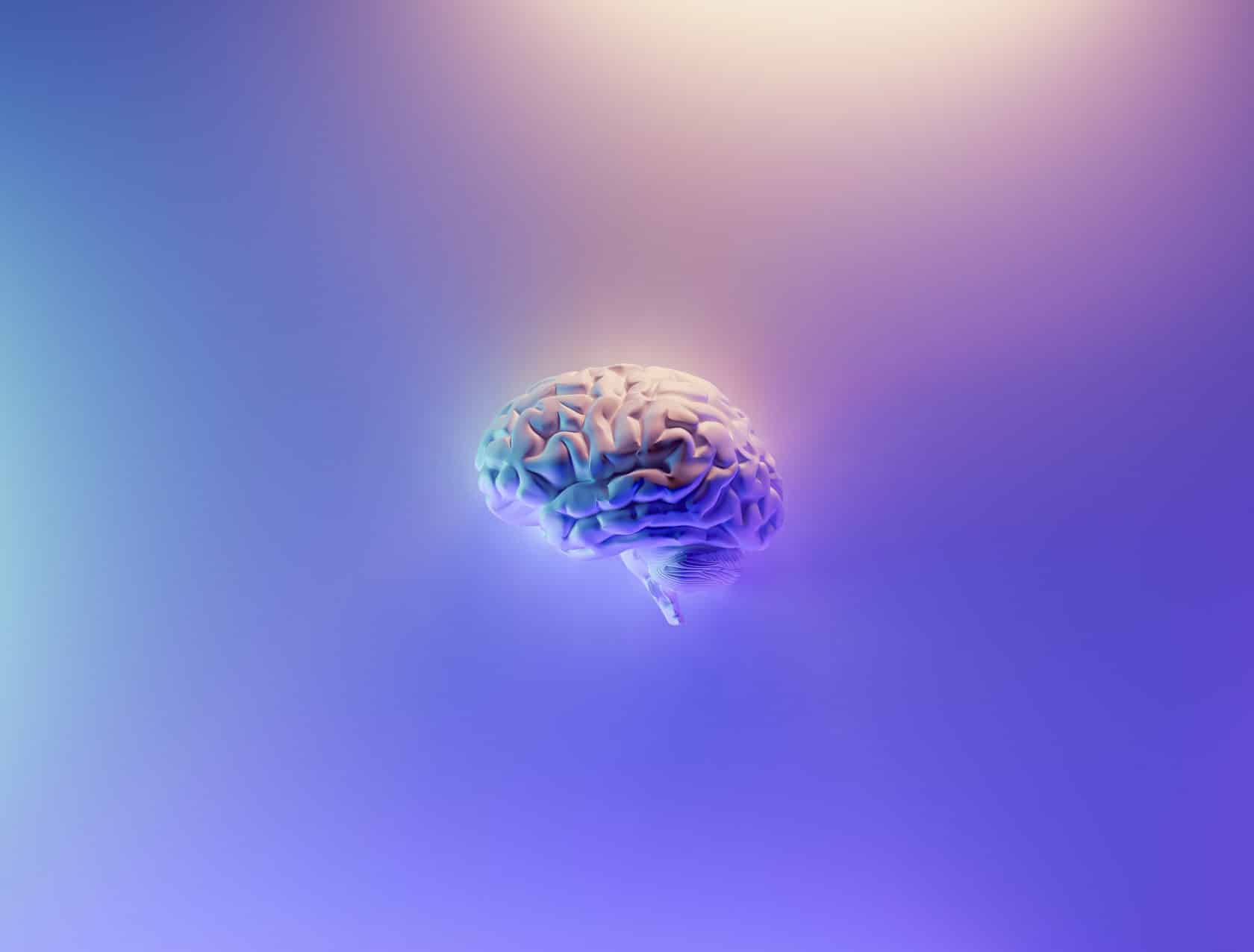Cause and effect governs how we interact with and understand the world around us. Here are some examples:
– When it rains (cause), the grass gets wet (effect).
– If you skip meals (cause), you’ll feel hungry (effect).
– If you study hard (cause), you get good grades (effect).
– When you’re kind to others (cause), they usually treat you well in return (effect).
Understanding “cause and effect” can transform how we interpret actions and consequences, helping us make better choices.
Goally steps in to help here. By simplifying tasks into fun apps and routines, Goally breaks down complex tasks into simple cause-effect steps, nurturing kids to become adept at predicting outcomes and making effective decisions. It’s a nifty ally in enhancing your child’s cognitive growth.















